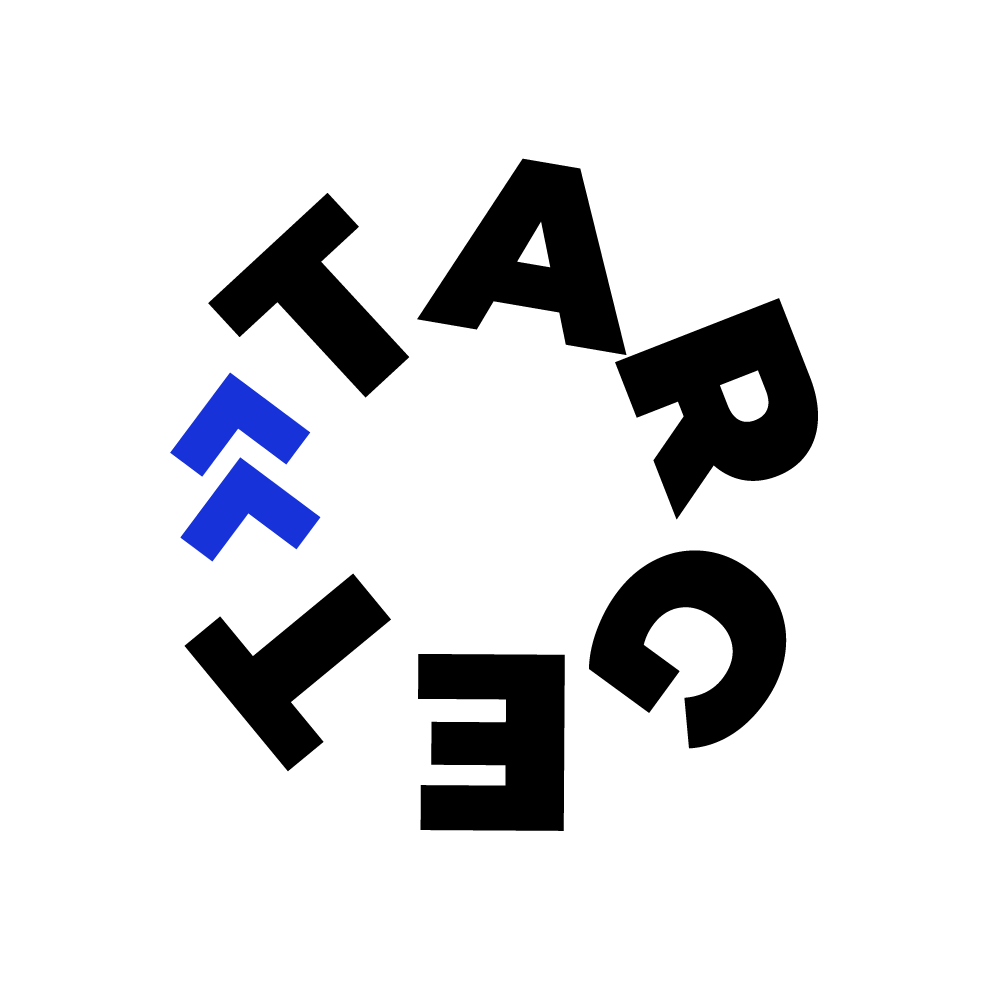
0%

Featured
Featured
The Importance of Keyword Intent for SEO
5 Min Read
 Keyword Research is the foundation of search engine optimisation (SEO), but it's not just about selecting relevant terms that match your content. Understanding the intent behind keywords is equally important. Keyword intent refers to the underlying motivation or purpose behind a user's search query. By aligning your content with keyword intent, you can deliver more relevant information to users and improve your SEO performance.
Keyword Research is the foundation of search engine optimisation (SEO), but it's not just about selecting relevant terms that match your content. Understanding the intent behind keywords is equally important. Keyword intent refers to the underlying motivation or purpose behind a user's search query. By aligning your content with keyword intent, you can deliver more relevant information to users and improve your SEO performance.

